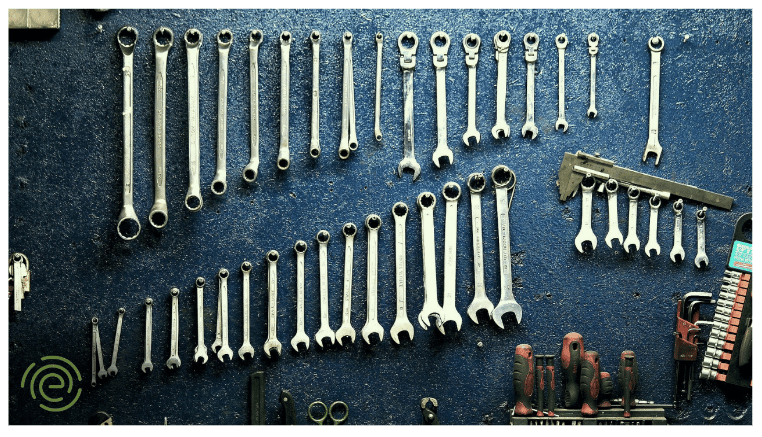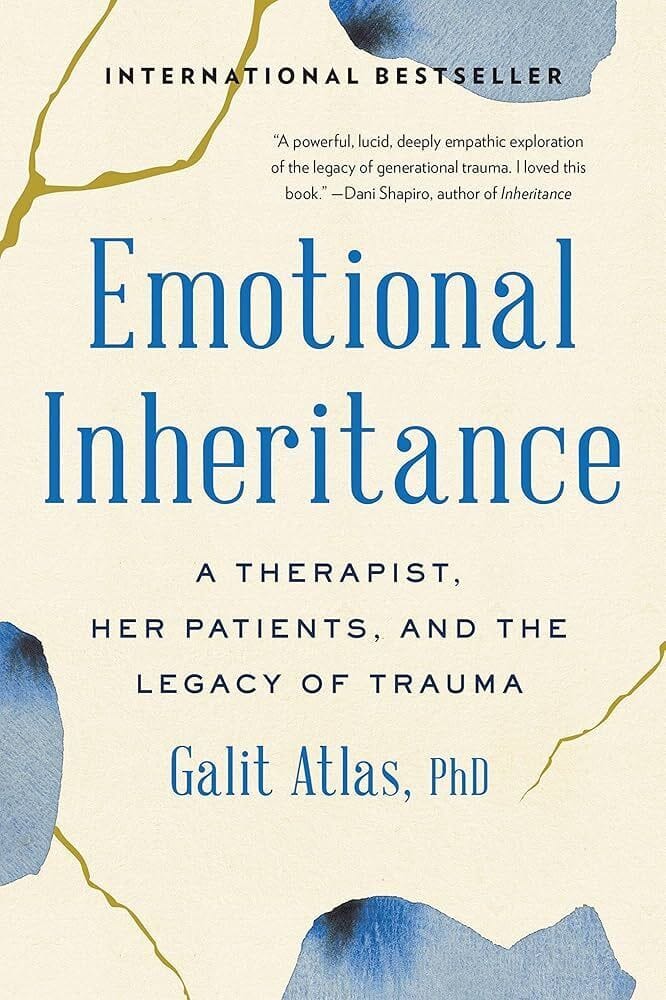- It's An Inside Job
- Posts
- Rethinking Growth Culture for 2025
Rethinking Growth Culture for 2025
Hello,
As the year winds down, I've been reflecting on a conviction I have that is core to our work with leaders:
Who you are isn’t all you can become.
I see this as both a hopeful and a provocative challenge.
For years, I've advocated for creating a growth culture rather than a performance-obsessed one. But I've since realized that our understanding of "growth" needs to evolve, too.
In a world of relentless change and mounting complexity, we need more than just new skills or adaptability. The organizations that thrive in 2025 and beyond will be those that help their people tap into deeper wells of wisdom, resilience, and creativity.
In this newsletter, I'll share what I've learned about building a truly transformative growth culture. I’ll explore why the old models of corporate culture fall short, and how embracing a broader and deeper approach to growth can unlock potential that you never knew existed for your team.
Remember, real transformation is always an inside job. Are you ready to take the leap?
The Inner Workbench:
Rethinking Growth Culture for 2025

In 2018, I wrote an article for Harvard Business Review titled "Create a Growth Culture, Not a Performance-Obsessed One." At the time, I believed that getting leaders to focus on their own growth and development, rather than just on performance, was the key to building more, innovative, sustainable organizations.
I still believe that. But in the years that followed, my understanding of what a true growth culture looks like has evolved.
Back then, I was primarily focused on creating an environment where people felt safe to take risks, make mistakes, and learn from them. While that remains important, it's not nearly enough to meet the challenges organizations face today.
The truth is, we're living in a world of unprecedented complexity, rapid change and frightening uncertainty. The problems that leaders are grappling with—from technological disruption to geopolitical instability to the acceleration of climate change—are orders of magnitude more complex than what we faced even a decade ago.
To navigate this new reality, organizations need more than just employees who are willing to learn new skills or adapt to change. They need people who are capable of profound personal growth—of becoming bigger human beings.
This is where the concept of a growth culture intersects with the inner work that has become central to what we do at The Energy Project.
The New Growth Culture
A growth culture in 2024 recognizes that the next frontier of development isn't just cognitive; it's emotional, physical, and spiritual. It helps people to become more fully integrated human beings, capable of accessing all their internal resources to meet the complex challenges they face.
This means going beyond the "learning organization" model popularized by Peter Senge in the 1990s. While continuous learning remains crucial, information and even skills are no longer a significant competitive advantage. In an age of ubiquitous AI and search engines, knowledge has been commodified. Anyone can access vast amounts of information instantly.
What can't be easily replicated or automated is the capacity for nuanced judgment, emotional intelligence, and the ability to hold complexity—to see multiple perspectives and navigate paradoxes rather than seeking simplistic solutions.
Developing these capacities requires a fundamentally different approach to growth. Organizations must offer more than the acquisition of new skills or knowledge. They must equip their people to deepen their self-awareness, challenge deeply held beliefs and assumptions, and access parts of themselves that they’ve long ignored or avoided. You can’t change what you don’t notice.
This is hard work. It requires us to confront our fixed beliefs and fears, examine our habits and biases, and question the stories we tell ourselves about who we are. It means developing the capacity to sit with discomfort rather than constantly seeking quick resolutions.
The payoff is immense. I say that because the more I’ve been able to embrace all of who I am during the past decade – even the parts I wish I didn’t have – the less energy I spend defending my value, and the more energy I have available to spend creating value in the world. When leaders can tap into their full range of internal resources—not just their analytical minds but also their emotional intelligence, intuition, and sense of purpose—they become vastly more capable and effective.
Are you ready to cultivate a true growth culture? Are you willing to do the inner work necessary to lead that change? The future of your organization may depend on it.
Your Bi-Weekly Energy Experiment: Gratitude Practice
I've observed that expressing appreciation is one of the most powerful ways to fuel positive emotions and strengthen relationships. The act of appreciating others even has a profound effect on our own well-being and energy.
Yet, in the rush of daily work, we often forget to acknowledge the contributions of those around us. For the next two weeks, I invite you to experiment with incorporating more gratitude into your days:
At the end of your workdays, take just 5 minutes to reflect on what’s influenced how you showed up that day – not just from the outside, but also based on what’s going on for you on the inside.
1. Identify one person who made a positive impact on your day, no matter how small.
2. Write a brief, specific note of appreciation to that person. Be detailed—what exactly did they do, and why did it matter?
3. Send it immediately, whether it's an email, a handwritten note, or even a text.
4. Pay attention to how this practice affects your mood, your relationships, and your overall energy.
Try this for two weeks and then tell me about your experience by writing to me at [email protected].
What I've Been Reading and Watching
Emotional Inheritance By Galit Atlas | The Message by Ta-Nehesi Coates |
We’re all in this together!
Warmly,
Tony
Follow me on LinkedIn for more insights.